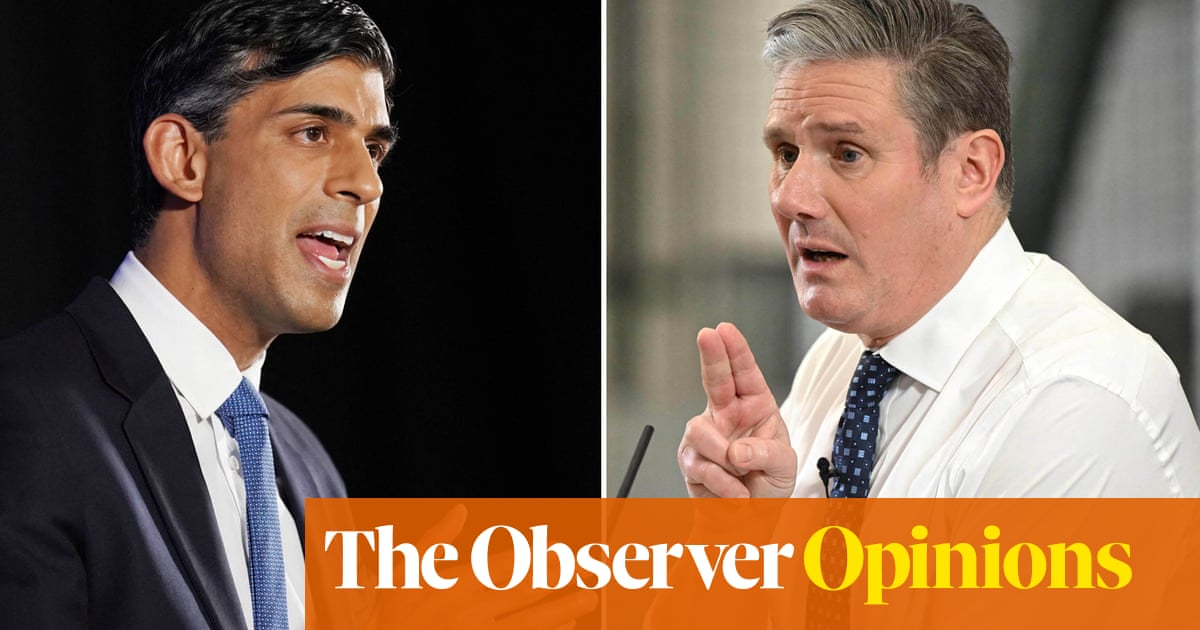
Rishi Sunak has signalled the end of the “golden era” of relations between Britain and China, using his first major foreign policy speech to warn of the creeping authoritarianism of Xi Jinping’s regime.
As police in China launched a show of force in an attempt to contain the highest levels of civil disobedience seen in decades, the prime minister threw his support behind protesters by condemning Beijing’s crackdown, as well as the assault on a BBC journalist.
Sunak suggested a hardening of diplomatic relations and called China a “systemic challenge to our values and interests”, while also confirming the UK’s defence and security strategy for the next decade, known as the Integrated Review, would be updated in the new year.
However, he stopped short of calling China a threat, admitting western countries could not ignore its influence over world affairs and ability to help with shared challenges such as economic stability and climate change.
The move marked an abrupt change from his more hardline stance while running for the Conservative leadership over the summer, sparking criticism it was “thin as gruel” and similar to the “appeasement” strategy initially adopted by Britain toward the Nazis in the 1930s.
Sunak used tough language to rebuke previous UK governments’ approach to China, saying he would reject “short-termism or wishful thinking”.
Recalling a term coined by David Cameron in 2015, the prime minister told dignitaries at the Lord Mayor’s Banquet on Monday night: “The so-called ‘golden era’ is over, along with the naive idea that trade would lead to social and political reform.”
Sunak cautioned that Britain’s adversaries were planning for the “long-term”, and the UK needed to take a “longer-term view on China”.
He said: “We recognise China poses a systemic challenge to our values and interests, a challenge that grows more acute as it moves towards even greater authoritarianism.
“Instead of listening to their people’s protests, the Chinese government has chosen to crack down further, including by assaulting a BBC journalist.
“The media – and our parliamentarians – must be able to highlight these issues without sanction, including calling out abuses in Xinjiang – and the curtailment of freedom in Hong Kong.”
Sunak was referring to China sanctioning some Tory MPs last year for raising concerns about what the UN has called “serious human rights violations” against Uyghur Muslims in the Xinjiang province. It was the clearest indication in his speech that it partly aimed to reassure some in his party who fear he is soft on standing up to Beijing.
However, one sanctioned MP, former Tory leader Iain Duncan Smith, said Sunak should go further than calling China a “systemic challenge”, and instead classify the country as a “threat” in the updated Integrated Review.
“China understands strength, they also recognise weakness and they’ll see this as a weakness,” he told the Guardian, adding Sunak’s vow to show “robust pragmatism” was “tautological nonsense” and amounted to “appeasement”.
He told Channel 4 News: “I just feel the road to appeasement we went through in the 1930s, if we’ve learned any lesson at all it is the more you appease dictatorships, that impose authority on their people and strip away human rights, the more you drift into dangerous waters.”
In the summer Tory leadership race, Sunak said China was “the biggest-long term threat to Britain and the world’s economic and national security”.
His predecessor, Liz Truss, had been preparing to recast China formally as a threat in an updated version of the Integrated Review.












